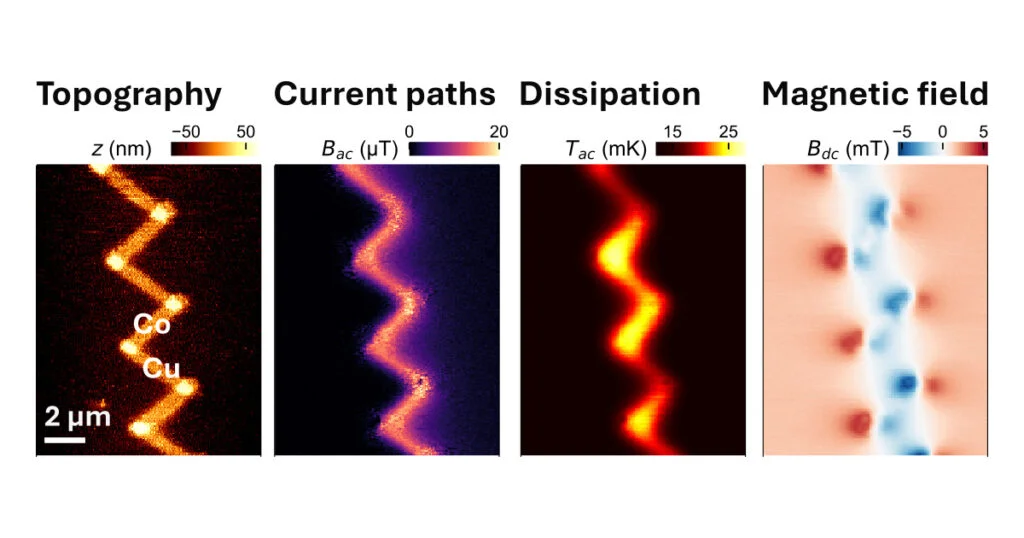Hunk Of Flesh
As a tech industry becomes more popular — by that I mean the potential in its fundamental technology becomes more apparent through successful use cases and its early implementation in specific sectors — bad things start to happen, at least on the outset. Sharks start to circle, all wanting a hunk of flesh.
It always happens.
And quantum computing (QC) is no different from all the rest.

From its birth in the early 1980s across a dozen university research facilities to the multi-million dollar industry it is today, QC is seeing some drastic changes.
Some good. Some not so.
There is not much point me discussing the former here: we know what they are, and what they will be in the coming years.
‘The race for a viable quantum computer — the most exciting in science today— needs enormous collaborations’
— Professor Ian Walmsley, quantum physicist and Director of the UK’s Networked Quantum Information Technologies Hub
Rotten Entity
But there’s a malignancy, a rotten entity eating away slowly at all the good things. Maybe not so obvious for observers to spot from the outside, but it’s there. Ominous and set to ruin some of the advances already achieved.
With colossi IBM and Microsoft, along with smaller, much nimbler players in the space such as D-Wave Systems, IonQ and Rigetti Computing, there is a dash to achieve technological supremacy, a headhunt for the best, most talented minds in the space.

And by hook or by crook, by mad means if necessary, many companies will stop at nothing to get the greatest minds working for them in order to reach the summit and the inevitable riches it can bring.
Applied quantum physicists and their theoretical brethren.
Top-rated quantum and software engineers keen to enter the QC market to make their reputation and fortunes.
‘Many research problems are so complex these days that they require expertise from more than one academic field,” They require a multi-pronged effort… they can be anything from cancer treatments to water quality to the preservation of the arts. It’s hard to even name a challenge, truthfully, that doesn’t touch on multiple realms of expertise and disciplines.’
— Valerie Johnson, Managing Director of MCubed
Superstars
They’re all good game. Nobody’s beyond the reach of the infinite purse strings that the big corporations have at their disposal.
They’re the chosen few, the Messis, Cristiano Ronaldos and LeBron Jameses of the quantum world.
The drawback to all this is what it’s doing to the universities, especially at the research level.
I’ll tell you what’s it doing, it’s draining them of their talent pool.
For-profit entities are getting their talent and hiding them away to do research in private, for the VCs’ and shareholders’ benefit, rather than for the good of the shared academic community. The agenda these companies have, as well as national governments, is stifling real research and progress within the space, destroying what has already been achieved by the publicly-funded research establishments.
Happy Ending
Yet there’s light at the end of the tunnel. Seeing the threat that the likes of Google and IBM can have if things don’t change, several countries have signed on to fund national QC research. The United States and Europe have launched billion-dollar programmes in the space. China, too, with its quantum research laboratory — which it plans to open next year — is worth a planned budget of $10 billion. Canada, the U.K and a few others like India and Russia are following suit, realizing the importance that open, shared research in quantum technological systems is better for humanity in the long run than hoarding technological findings for themselves.
Skeptics, however, feel this will never happen, believing companies have little interest in helping universities out with their research, favouring a working model that advocates isolation.
And what could this mean for the future?
More startups aligned to developing quantum architectural systems for commercial purposes which will starve universities of the possibility to do meaningful theoretical research because all the Ph.D. candidates are no longer on campus, but rather making a pretty penny in Silicon Valley in one of the tech giants or startups.
What is needed is closer collaboration between university research facilities and startups, where more projects could be started using the initiative and boldness of the startups with the academic nuances of the university staff.
If QC is to gather pace and reach the goal set out by Richard Feynman and David Deutsch all those years ago, common ground needs to be found. Ground where the money men and scientists respect one another while fashioning, at the same time, a modus operandi that is both open and global.















